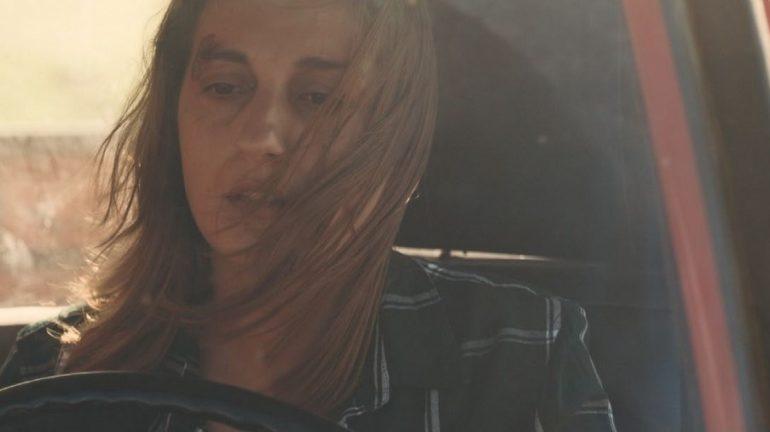Argentina’s Murillo Cine Exposes Femicide In TV Drama ‘Vertientes del Paraná’
By Emiliano De Pablos
LOS ANGELES (Variety.com) – Argentina’s Murillo Cine, whose credits take in Cannes sidebar entries “The Snatch Thief” and “Land of Ashes,” is dipping its toe into TV drama production with “Vertientes del Paraná,” a miniseries project exposing the social tragedy of femicide, from writer-director María Florencia Álvarez.
Álvarez turned heads with her 2013 feature debut, “Habi la Extranjera,” a Walter Sales, Hugo Sigman and Lita Stantic production, selected for Berlin’s Panorama and picked up by HBO.
The “Vertientes del Paraná” project will be pitched for the first time ever at the current edition of Los Cabos International Film Festival’s Gabriel Figueroa Film Fund sidebar.
The seven-episode TV drama is inspired by the novel “Chicas muertas,” written by Selva Almada, co-author of the script alongside Álvarez, Alejandro Millán Pastori and Maximiliano Schonfeld.
Set in Villa del Rosario, a 8,000-inhabitant town located on the Argentine coast, the story starts with a car crash, and a woman who believes she glimpses in the passenger seat of the other car a girl who disappeared 15 years ago. She tells her husband, who tells his friends: the news becomes a threat to them all.
Although the synopsis suggests suspense-thriller elements: a missing girl, a mother looking for her, another woman who wants to know the truth, the series especially focus on its denouncing of femicide, a global issue.
“To consider gender violence and its most violent expression that is femicide only as a police case, is not to understand the true dimension of this, which is a social tragedy,” said producer Georgina Baisch, Murillo Cine co-founder.
“We live in a machista culture and those men who believe in the right to kill a woman are an expression of that culture. These men are not weirdos, they are not monsters, they are common men, they are our friends, our brothers, our relatives. And the series is conceived from that place, which is an awkward place because viewers are likely to empathize with those characters, since they could be themselves or people they know.”
She added: “We also choose to narrate from discomfort on purpose: It is the only way to address the problem in its depth and in its enormous complexity. Or at least we aspire to get as close as possible to it. Therefore, the series is not intended as a thriller. It is not an enigma series.”
“Vertientes del Paraná” marks an entry into TV drama production for both Murillo Cine and writer-director Álvarez.
“We believe TV series will allow us to reach a wider audience [than features]. Also, through a TV format we can further develop the story and the characters we want to tell. Also, we think that this series is in line with our films: stories told with an auteur look, projects we are interested in continuing to produce,” Baisch said.
“We seek a narrative force that has the viewer immersed in a fantastic and mysterious universe. We also bet on series of a very high technical quality,” she added.
At The Gabriel Figueroa Film Fund, Murillo Cine is looking for co-producers and potential investors “related to this approach and the way in which we seek to address the issue of gender violence. We are interested in finding possible partners that are aligned with our point of view and understand the complexity of machismo which rocks the social and cultural framework of our society,” Baisch said.
“Vertientes del Paraná” has already completed its bible and has penned the first two drafts of the seven-episode screenplay. Beyond production financing, producers are also looking for support to complete the development stage.
Launched in 2014 by Baisch and Cecilia Salim, Murillo Cine credits take in Agustín Toscano’s The Match Factory-sold “Snatch Thief,”in partnership with Rizoma and Uruguay’s Oriental Features, which played at Cannes 2018 Directors’ Fortnight; plus Sofía Quirós Úbeda’s “Land of Ashes,” a co-production with Costa Rica, Chile and France, sold by Paris’ Totem Films, which screened at this year’s Cannes Critics’ Week.

